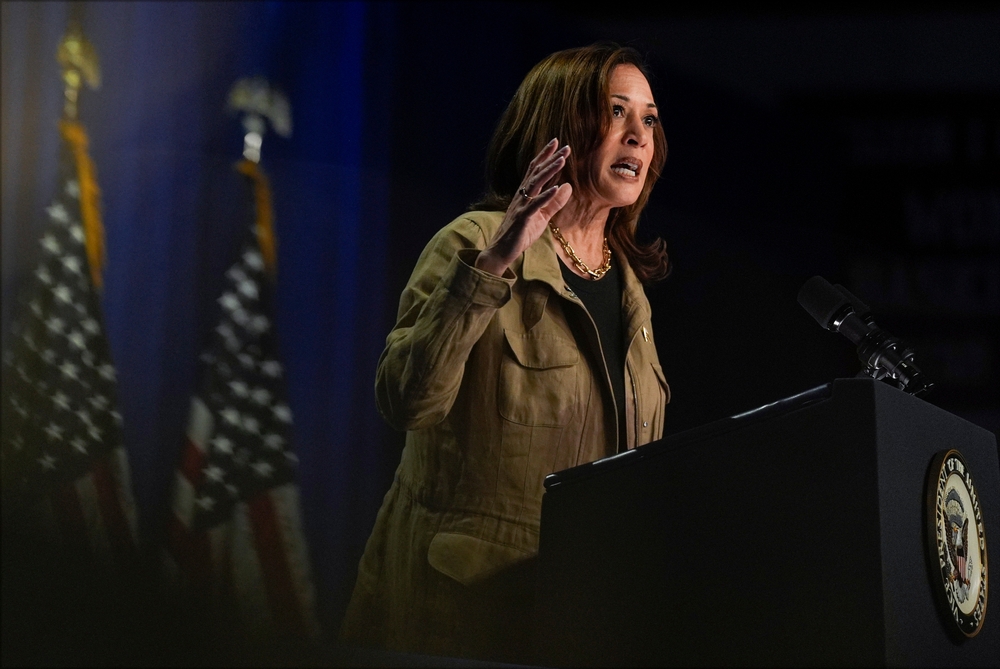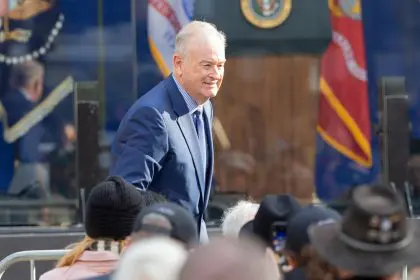A shifting dynamic in Washington’s corridors of power
Vice President Kamala Harris‘s recent decision to forgo the traditional Naval Observatory welcome for her successor JD Vance signals a profound shift in how Black women leaders engage with political customs. This departure from convention reflects a broader transformation in American politics, where maintaining dignity is increasingly prioritized over preserving ceremonial traditions.
Breaking with tradition
The Naval Observatory has long served as a symbol of peaceful transitions in American democracy. However, Harris’s choice to skip the customary welcome highlights an evolving political landscape where Black women leaders are redefining the boundaries of political engagement. This shift extends beyond mere protocol, touching on deeper issues of respect and recognition in public service.
Redefining political engagement
The changing dynamics in Washington have brought to light how Black women in positions of power are reshaping traditional political interactions. Former First Lady Michelle Obama’s recent decisions about public appearances, including her absence from former President Jimmy Carter’s funeral, exemplify this new approach to political engagement.
A strategic approach to public service
Representatives Jasmine Crockett and Ayanna Pressley have demonstrated similar resolve by prioritizing constituent services over ceremonial functions. Their focus on community engagement rather than traditional political events represents a strategic shift in how elected officials balance their responsibilities.
The power of calculated absence
Black women leaders are increasingly using their presence – or absence – as a powerful political statement. This approach transcends simple protest, becoming instead a sophisticated tool for demanding respect and recognition in political discourse. Their actions challenge long-standing assumptions about political decorum and raise important questions about the nature of civil discourse in American democracy.
Community impact and voter engagement
The influence of Black women in politics extends far beyond symbolic gestures. Their leadership in voter mobilization efforts has transformed political campaigns, with unprecedented success in fundraising and community organization. These achievements have reshaped political strategies and highlighted the crucial role of Black women in democratic processes.
Building a new political framework
The evolution of political engagement by Black women leaders represents more than individual choices – it signals a systematic approach to changing political culture. This transformation challenges traditional power structures while maintaining a focus on effective governance and community service.
Measuring impact and influence
The ripple effects of these changes are evident in various metrics:
- Increased voter participation in traditionally underserved communities
- Enhanced focus on constituent services over ceremonial functions
- Growing recognition of Black women’s leadership in political strategy
- Strengthened community-based political organizations
The future of political discourse
As American politics continues to evolve, the impact of these changes in political engagement becomes increasingly significant. The actions of leaders like Harris and Obama are creating new templates for political interaction that prioritize substance over ceremony and respect over tradition.
Reshaping democratic traditions
The transformation of political norms by Black women leaders represents a crucial development in American democratic practice. Their approach combines principled stands on personal dignity with effective public service, creating a new model for political leadership that may well define the future of American politics.
Moving forward
The redefinition of political engagement by Black women leaders marks a significant evolution in American political culture. Their actions challenge outdated norms while establishing new standards for political discourse and interaction. This transformation suggests a future where respect and dignity are non-negotiable elements of political engagement.
The impact of these changes extends beyond individual leaders or specific events, touching on fundamental questions about power, respect, and representation in American democracy. As the political landscape continues to evolve, the influence of Black women leaders in reshaping political norms promises to have lasting effects on American political culture.
These developments represent not just a moment of change but a fundamental shift in how political power is exercised and respected in American democracy. The actions of Black women leaders today are likely to influence political behavior and expectations for generations to come, establishing new standards for political discourse and interaction that prioritize dignity and respect alongside effective governance.
















